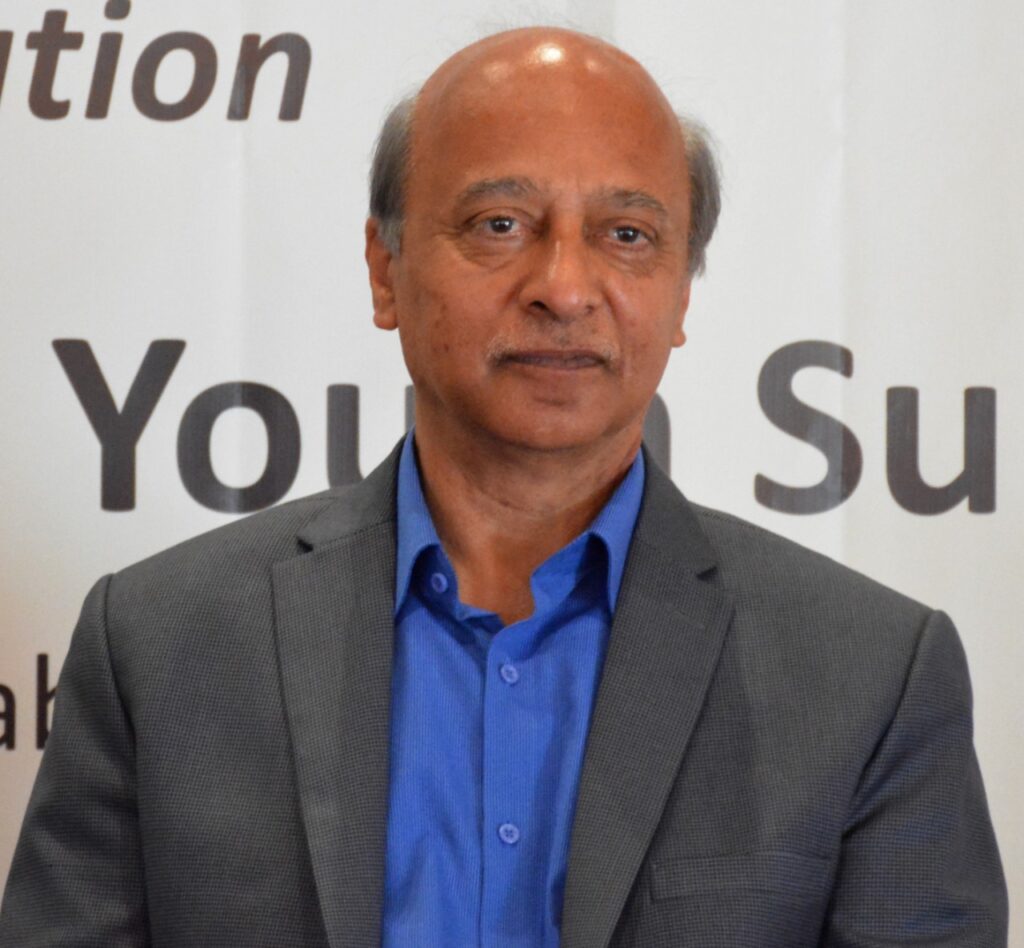Imtiaz Gul

Hanif Atmar, the soft-spoken Afghan foreign minister, says Kabul has changed a lot. “In fact the change is deeper than meets the eye,” he emphasized in a recent meeting with us.

Atmar is right in many ways and frequent travelers could discern change in attitudes as well. Positive and welcoming in general , most conversations pegged to business connectivity and good will for Pakistan. Below some take-aways on the positive changes that we felt during our meetings with ministers, parliamentarians and academia.
One can feel an unambiguous sense of gratitude for hospitality to Afghans born or living in Pakistan. The latest visa policy has helped that sense of gratitude graduate into a strong goodwill generated by the new visa regime.
Under new liberal policy almost all Afghans receive a one-to-five year long multiple-entry visa. This has helped tone down the anti-rhetoric by a segment of the Afghan ruling elites and intelligentia.
Second, an urgent and strong expectation of continued support in the peace process
Third, greater desire for trade connectivity and uninterrupted flow of people and goods regardless of political disagreements. One big reason could perhaps be the presence of a new class of political elites; younger scions of affluent business families and neo-rich people , particularly the beneficiaries of the war economy. At least 35 percent members of the Wolesi Jirga – the national assembly – belong to these rich families.
Ahmed Javed Jehoon, the deputy speaker of the Wolesi Jirga, and Qudratullah Zaki, a business tycoon who looks after the ministry of transport, represent this new class of elites.
“Let us change the narrative from politics to economics,” Jaihoon told us in Kabul. He believes that business stakes could serve as the biggest deterrent against total disruption in relations.
“Successful business and economic cooperation can translate into sustainable political relations,” he told a Track11 delegation from Pakistan.
Fourth, fencing of the border and greater regulation are recurring themese but with a difference; perhaps most Afghans now realise the significance of the Pakistani visa and hence accept the territory defined through fence, and visa as a necessity, without admitting it openly because of the sensitivity involved in the border issues that they prefer to call “Durand Line”.
The delegation included four members of the Pak Afghan Parliamentary Friendship Group (PAPFG) – Shandana Gulzar (Peshawar) Nafisa Khattak (Nowshehra), Sheikh Yaqoob (Dera Ismail Khan) and Gul Dad Khan (MP from Bajaur).

Pakistani MPs urged their Afghan counterparts to constitute a similar friendship Group at the Wolesi Jirga to be able to directly talk to the Afghan ministries as well as Pakistani MPs for conflict and problem resolution.
All Afghan interlocutors reiterated their commitment to energy from central Asia to south Asia, uninterrupted flow of transit trade via Afghanistan as part of the vision for regional connectivity but also looked up to Islamabad for continued support in the peace process.
And this is the fifth discernible element of change in Kabul; most of the Afghan elites are watching in awe as Taliban stick to their rigid demand for restoration of their Islamic Emirate. This does not chime in with the majority of Afghan youth. Nor do the current ruling elites consider this as acceptable.
The expectation in this context is for Pakistan to help soften the Taliban. Pakistan posses the ability to bait or pursue the militia into accommodation of others’ views on the present day Afghanistan.
Dr. Abdullah Abdullah, the head of the Peace Mission, nevertheless remains hopeful and expects a pragmatic approach by the Taliban.
“There are no real winners in war and no losers in inclusive peace and “rapprochement”and hence should prioritize inclusive peace for the larger benefit of every body,” he told us recently in Kabul. He believes that after a very long time “peace is knocking at the doors of Afghanistan,” that every body is called upon to contribute to this momentous opportunity for durable and dignified peace.“
Will Taliban relent? Questionable indeed as to whether this expectation from Pakistan – which used to be a strong demand until recently – holds sway in the run up to and during the intra-Afghan dialogue expected to resume soon either at Doha or Istanbul. Can this goodwill survive if the dialogue remains intractable in the coming months?



